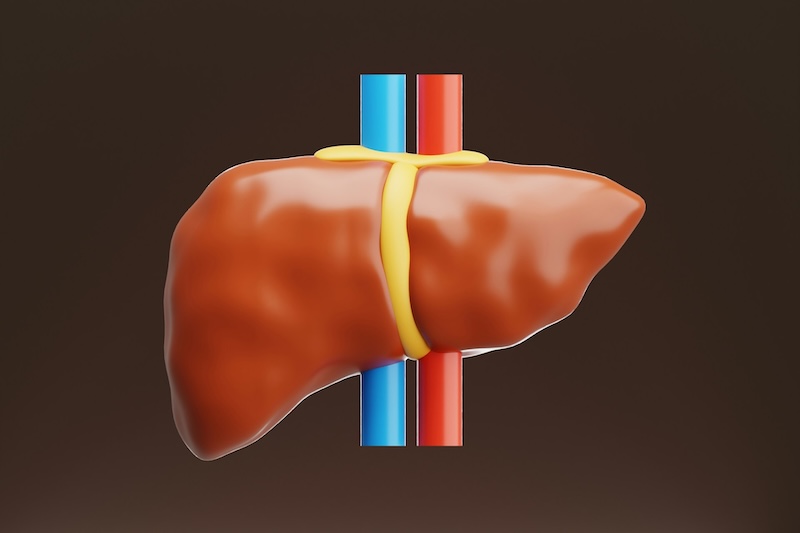Social interactions, physical touch, and bonding experiences trigger oxytocin release, which enhances feelings of attachment, closeness, and trust.
Vous n'êtes pas connecté
 - KNOWRIDGE.COM - A La Une - 13/Aug 00:05
- KNOWRIDGE.COM - A La Une - 13/Aug 00:05
Beyond love: How the ‘cuddle hormone’ shapes friendships
Oxytocin is often called the “love hormone” or “cuddle hormone,” famous for its role in feelings of closeness during sex, childbirth, breastfeeding, and affectionate touch. It’s also released during positive social interactions, helping to build trust and attachment. But scientists have long debated whether its effects go beyond romance and family bonds. A new study […] The post Beyond love: How the ‘cuddle hormone’ shapes friendships appeared first on Knowridge Science Report.
Articles similaires
The Bonding Power of Oxytocin: Love, Friendship, and Beyond
Social interactions, physical touch, and bonding experiences trigger oxytocin release, which enhances feelings of attachment, closeness, and trust.
The Bonding Power of Oxytocin: Love, Friendship, and Beyond
Oxytocin, the hormone linked to attachment and trust, is crucial for building friendships, according to new research from UC Berkeley. (!--ref1--)...
New hormone treatment can reverse fatty liver disease
A groundbreaking study published in Cell Metabolism has revealed that a hormone called FGF21 can reverse the effects of fatty liver disease in mice....
New hormone treatment can reverse fatty liver disease
A groundbreaking study published in Cell Metabolism has revealed that a hormone called FGF21 can reverse the effects of fatty liver disease in mice....
utrition for new mothers: Expert shares 7 diet tips for breastfeeding moms
Breastfeeding is the very first source of nutrition for an infant, which makes it essential for mothers to be mindful and careful about their own...
utrition for new mothers: Expert shares 7 diet tips for breastfeeding moms
Breastfeeding is the very first source of nutrition for an infant, which makes it essential for mothers to be mindful and careful about their own...
Psychological Closeness: The New KPI For Remote Leaders
Unlock remote leadership success. Learn how psychological closeness, the felt connection between a leader and team, drives engagement and performance....
Les derniers communiqués
-
Evergreen Elevate Heads to Australia to Empower MSPs with Valuable Strategies and Insights on Better M&A Practices
Evergreen Elevate - 29/07/2025



